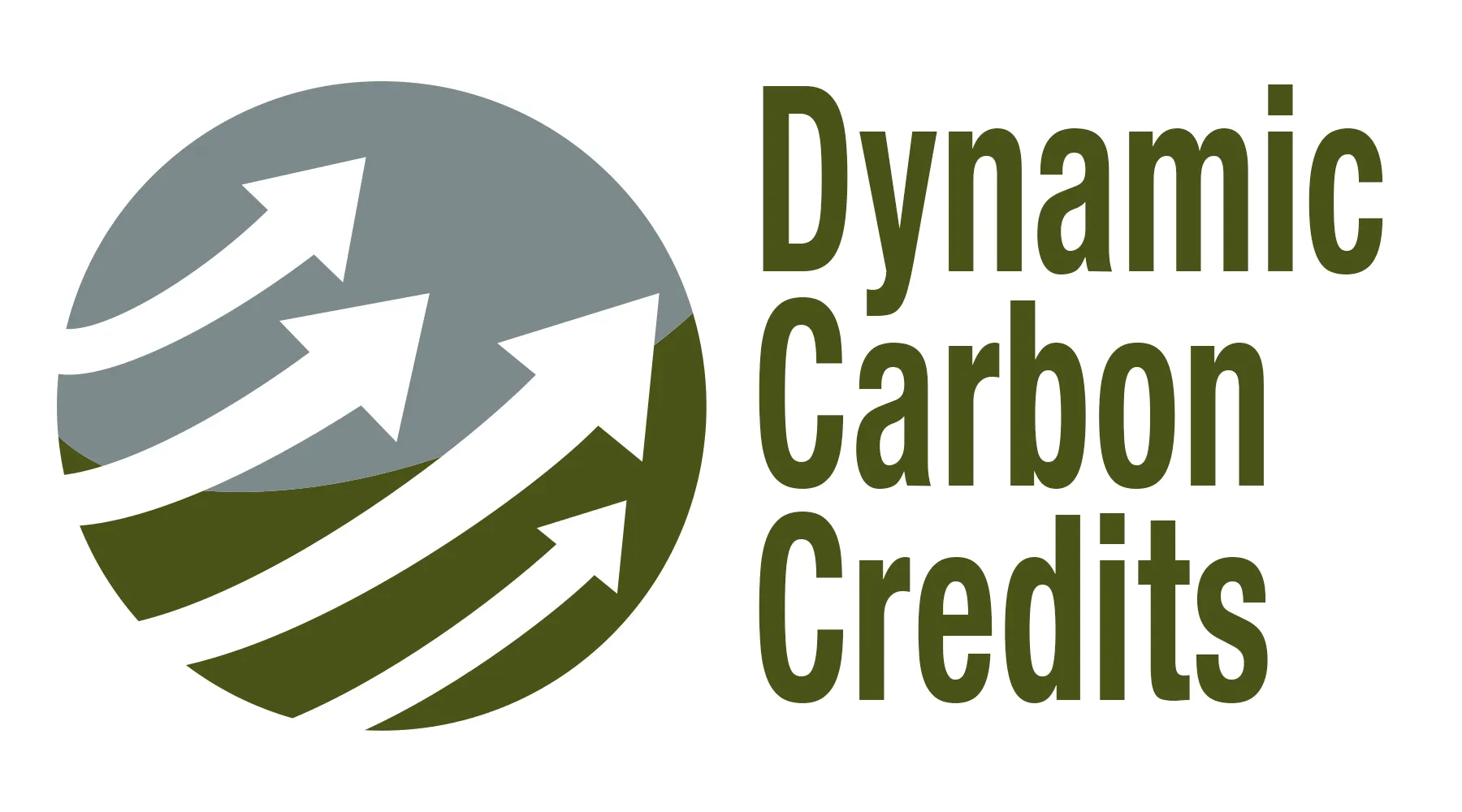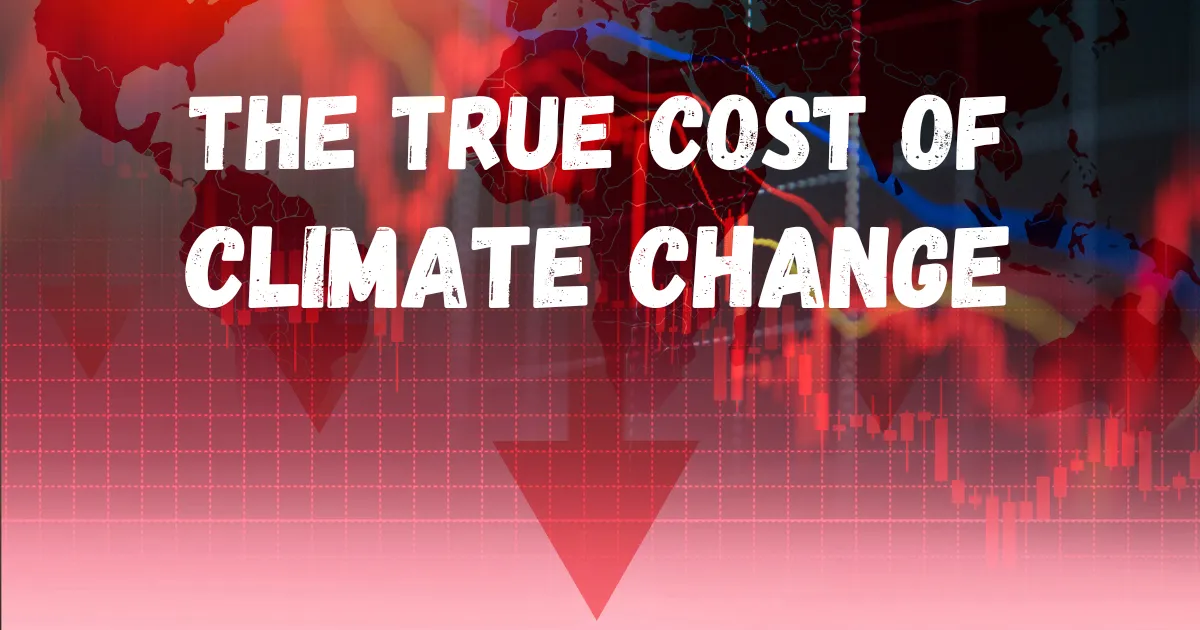The numbers are staggering: a projected 19% reduction in global GDP by 2049, translating to approximately 38 trillion dollars in losses (measured in 2005 international dollars). This isn't speculation – it's the sobering conclusion from groundbreaking research published in Nature by Kotz, Levermann, and Wenz, revealing that the economic impact of climate change will be six times greater than the cost of mitigation.

Unequal Burdens in a Warming World
The data tells an stark story of inequality. While North America and Europe brace for roughly 11% reductions in income, nations in South Asia and Africa face nearly double that impact at 22%. According to the Nature study, countries that have historically contributed least to global emissions are now facing damage projections 6.9 percentage points higher than their high-emission counterparts.
"The disparity in climate impacts between high-income and low-income countries is not just a matter of geography, but of justice," notes the World Bank's 2023 Climate and Development Report. This economic divide is widening as climate impacts accelerate.
Infrastructure at the Breaking Point
The U.S. Environmental Protection Agency's comprehensive assessment paints a troubling picture: more than 60,000 miles of coastal roads and bridges face immediate risk from rising seas and intensifying storms. In Alaska, thawing permafrost threatens critical infrastructure, while in Miami, billions in real estate value sits precariously close to rising tides.
The Federal Highway Administration reports that extreme weather events already cost the U.S. transportation sector billions annually. "These impacts are not future projections – they are current realities affecting our infrastructure today," states their 2023 Climate Adaptation Report.
Measuring the Unmeasurable
The economic community has developed sophisticated tools to quantify these impacts. As documented by the Centre for Economic Policy Research (CEPR), economists employ five distinct methodologies:
- Enumeration methods that directly count observable impacts
- Econometric estimates based on historical data
- Computable general equilibrium models that simulate economic systems
- Expert surveys gathering specialized knowledge
- Meta-studies synthesizing multiple research approaches
Each method reveals different aspects of the same troubling picture: climate change is fundamentally reshaping our economic landscape.
The Transportation Tipping Point
The Federal Transit Administration's latest assessment reveals that America's transportation infrastructure faces unprecedented challenges. Urban subway systems regularly flood during extreme weather events, while rail lines buckle under excessive heat. These aren't isolated incidents – they represent systematic vulnerabilities in critical infrastructure.
The Government Accountability Office reports that 18.6 million Americans with disabilities depend on public transportation systems increasingly threatened by climate impacts. This intersection of infrastructure vulnerability and social equity presents a growing crisis.
The Adaptation Imperative
The International Monetary Fund's 2023 Climate Report emphasizes that adaptation costs, while substantial, pale in comparison to the price of inaction. Their analysis shows that every dollar spent on climate resilience today could save six dollars in future damages.
Major coastal cities are already implementing adaptation strategies. The Port Authority of New York and New Jersey has committed $37 billion to climate-resilient infrastructure projects. Rotterdam's innovative flood management systems demonstrate how urban centers can adapt to rising seas while maintaining economic vitality.
Economic Transformation in Real Time
The World Economic Forum's latest Global Risks Report identifies climate change as the most significant threat to global economic stability over the next decade. This isn't just about environmental protection – it's about economic survival.
Recent analysis from the Federal Reserve Bank of San Francisco indicates that climate risks are already being priced into financial markets, affecting everything from municipal bonds to insurance rates. The message is clear: the economic impacts of climate change are not future concerns – they're present-day market forces.
Looking Ahead
The research is unequivocal: our global economy stands at a crossroads. The Nature study's projection of a 19% GDP reduction represents more than just a number – it represents millions of livelihoods, countless communities, and the fundamental stability of our economic systems.
As documented by the International Energy Agency, the transition to a climate-resilient economy requires unprecedented investment, but the cost of inaction far exceeds the price of adaptation. The economic evidence is clear – the time for action is now.

